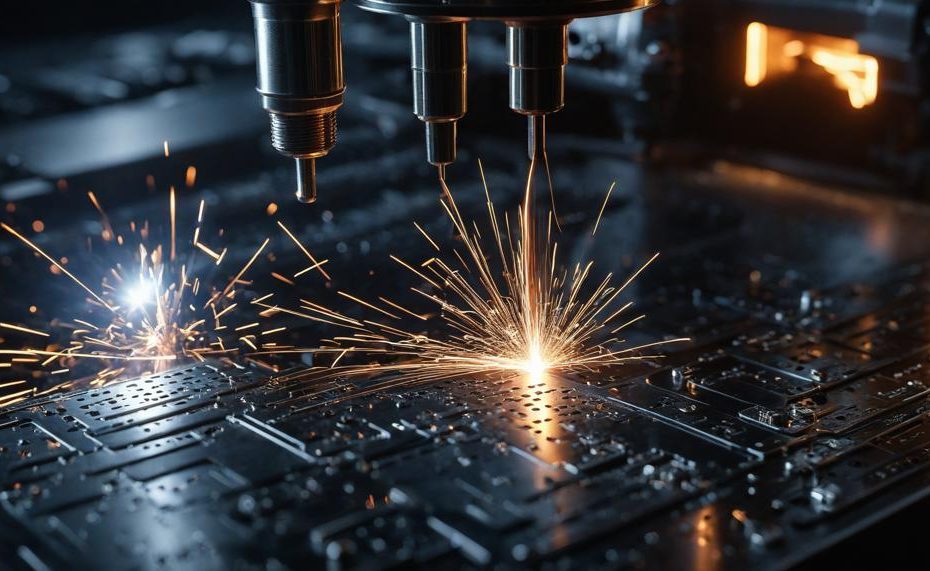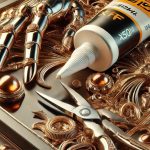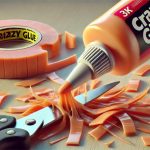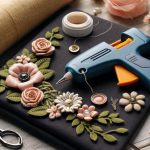J-B Weld, a two-part epoxy adhesive, can be a game-changer when it comes to making durable connections. While it’s not a direct replacement for solder in all cases, J-B Weld offers a unique set of advantages that make it a valuable alternative in certain situations.
The short answer is: yes, J-B Weld can substitute for solder, but with some caveats. This powerful adhesive creates an incredibly strong and long-lasting bond between materials, making it suitable for applications where traditional solder may fall short.
However, it’s essential to understand that J-B Weld and solder serve different purposes. Solder creates an electrically conductive joint, while J-B Weld forms a mechanical bond. This means that while J-B Weld excels in joining materials for structural integrity, it may not be the best choice for electrical connections.
Key Takeaways:
- J-B Weld can be used as a solder substitute for non-electrical connections
- It provides exceptional strength and durability, outperforming traditional adhesives
- J-B Weld is versatile and can bond a wide range of materials, including metal, plastic, and wood
- Unlike soldering, it doesn’t require heat, making it safer for heat-sensitive components
- For electrical connections or precision work, traditional soldering may still be the preferred option
Whether you’re a DIY enthusiast, a hobbyist, or a professional, understanding the strengths and limitations of J-B Weld can open up new possibilities for your projects. Stay tuned as we dive deeper into the world of this remarkable adhesive and explore when and how to utilize it as a solder alternative.
Table of Contents
Learn About JB Weld
| Resource | Description | Link |
| J-B Weld Official Website | The manufacturer’s website offers detailed instructions, product information, and application guides for using J-B Weld as a solder substitute. | https://www.jbweld.com/ |
| Instructables Guide | A comprehensive step-by-step guide on Instructables that covers the process of using J-B Weld as a solder substitute, including surface preparation, mixing, and curing. | https://www.instructables.com/Using-JB-Weld-as-a-Solder-Substitute/ |
| YouTube Tutorial Videos | Several YouTube channels, such as Project Farm and ThisOldTony, offer visual demonstrations and tips for using J-B Weld as a solder substitute. | YouTube Search: “using j-b weld as solder substitute” |
These resources provide detailed information, step-by-step instructions, and visual aids to help you learn and master the process of using J-B Weld as a solder substitute.
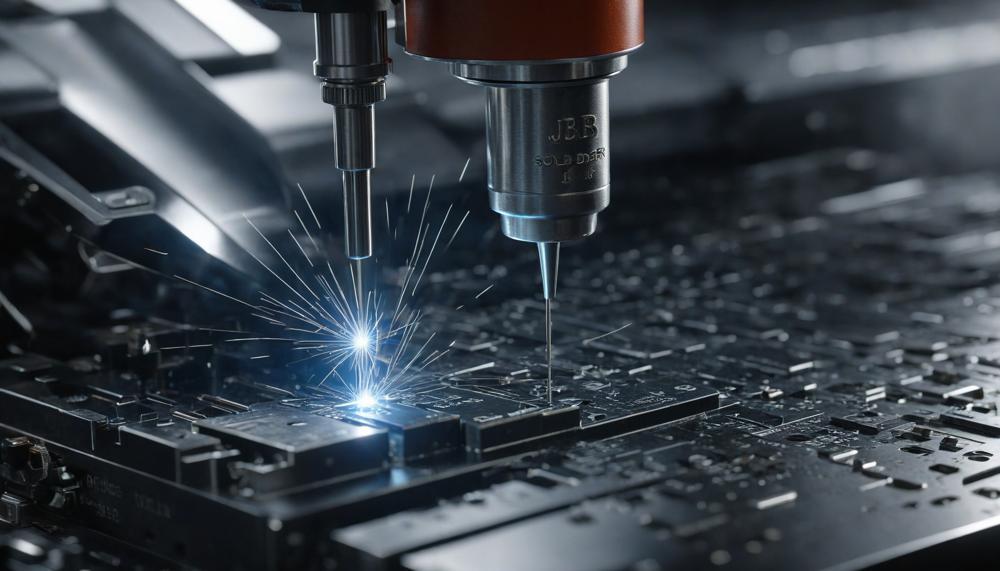
Can I Use JB Weld As Solder?
JB Weld is a renowned adhesive known for its strength and versatility in bonding various materials. However, it’s important to note that JB Weld is not a direct substitute for solder when it comes to electrical applications.
Solder is specifically designed to create electrical connections that are both mechanically strong and conductive. JB Weld, while it can bond metal surfaces, does not have the same conductivity as solder1.
For applications where electrical conductivity is not a concern, JB Weld can be a strong alternative for bonding materials. It has been used successfully in various scenarios, such as automotive repairs and even in jewelry making, where it can hold pieces together effectively without any pressure or movement on the pieces.
It’s also been noted that in some applications, JB Weld can be stronger than solder, depending on the type of materials and the conditions they are exposed to.
Conclusion
In the realm of DIY projects and unconventional solutions, J-B Weld emerges as a versatile ally, defying traditional boundaries. This remarkable two-part epoxy adhesive transcends its primary purpose, offering a compelling alternative to soldering in specific scenarios. While it may not be a one-size-fits-all replacement, J-B Weld’s unique strengths unlock a world of possibilities for those seeking durability and strength beyond the confines of conventional methods.
At its core, J-B Weld excels in creating mechanical bonds that withstand the test of time, making it an ideal choice for structural integrity where electrical conductivity is not a prerequisite. Its ability to bond a diverse range of materials, from metals to plastics and even wood, empowers DIYers and professionals alike to explore new realms of creativity and problem-solving.
Unlike traditional soldering, which requires the application of heat, J-B Weld’s cold-curing process ensures a safer and more controlled environment, particularly when working with heat-sensitive components. This innovative approach not only simplifies the bonding process but also expands the scope of applications, allowing for seamless integration into projects where heat could potentially compromise delicate elements.
While J-B Weld may not be the optimal choice for electrical connections or precision work, its versatility and strength make it a valuable addition to any DIYer’s toolkit.

